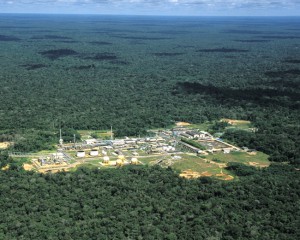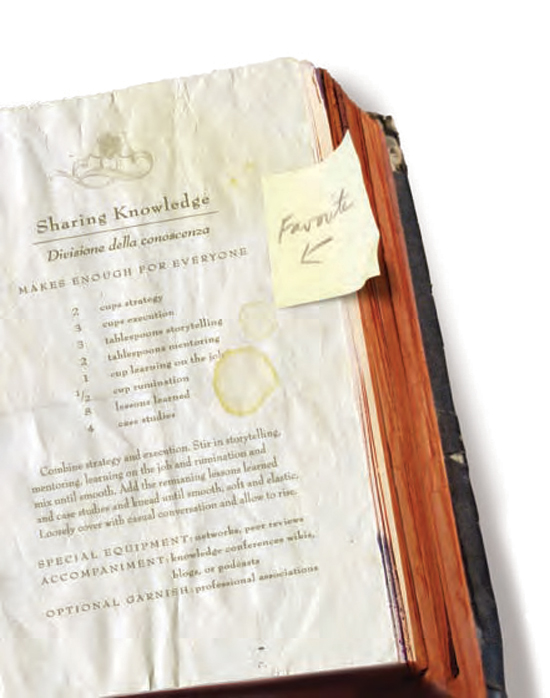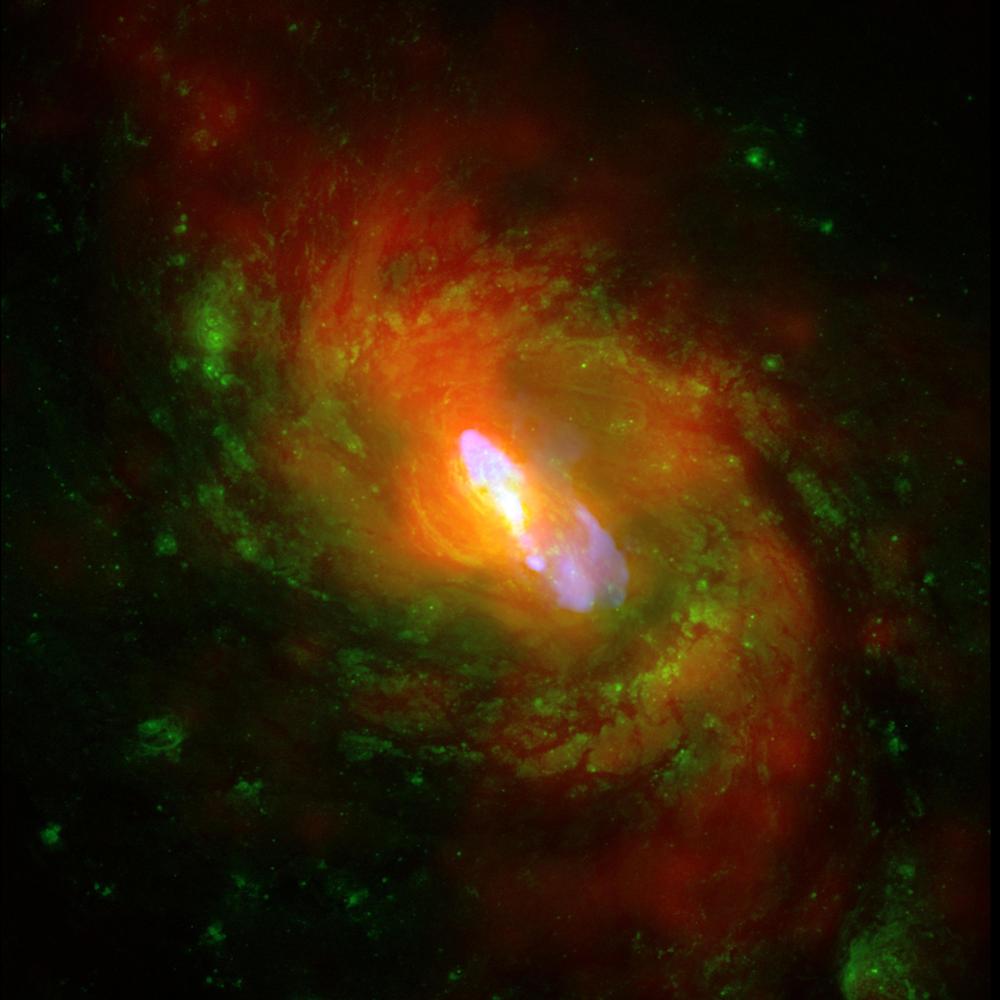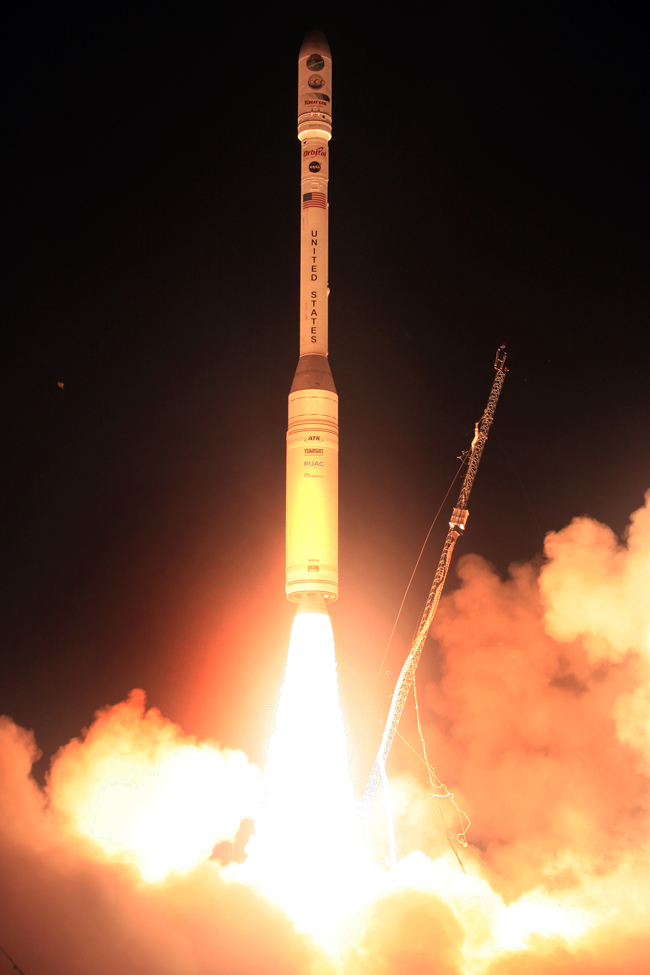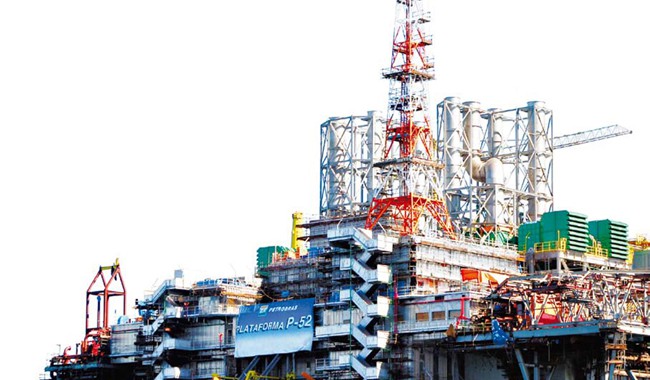
By Alexandre Korowajczuk and Andrea Coelho Farias Almeida
One afternoon in October 1986, after more than thirty years searching for petroleum in the Amazon region, we were drilling the last authorized well in the Urucu region. There was tension in the air. Finally, the petroleum gushed, and whoops of excitement reverberated round the small camp. This discovery rewarded the persistence of geologists and geophysicists who had believed, all along, in finding oil, based on a geological model developed for the region. They had made the dream come true of finding petroleum in the Amazon region.
The challenge, following the discovery, was how we would produce oil in such a sensitive environment as the Amazon rainforest. We had great expertise in finding, extracting, transporting, and refining petroleum, but that environment was a totally new challenge. We summoned a group of scientists, specialists in the Amazon region, to guide how to develop our project with the least environmental impact. We presented our project to them, took them to the production site. They gave us a series of recommendations that became known as “The Manaus Charter.” This basically was guidelines setting out what we had to observe during the project development. That decision to summon those scientists brought an enormous benefit to the project, because today our project is internationally recognized as an example of social and environmental responsibility.
I heard this story in 2005, when I visited the Urucu region in the middle of the Amazon rainforest. Despite having, at that time, twenty-five years with Petrobras, the past fifteen in managerial functions, I had no knowledge of these interesting and important aspects of this project. The visit and the stories motivated me to deepen my own knowledge and to promote knowledge dissemination throughout the company. The young team who accompanied me on that Urucu visit, all with less than three years at Petrobras, suddenly had access to managers, field coordinators, and operators of the Urucu project. They became more motivated, interested, and knowledgeable in this innovative project.
Following the Urucu visit, we agreed that we would develop a robust method for disseminating lessons learned during important company projects. Learning from the past would prepare for the future.
Petrobras
All this complexity demands project team excellence at a time when we face the imminent retirement of our most experienced staff and the recruitment of about 25,000 new employees.
Petrobras is a Brazilian integrated-energy company operating in more than twenty-seven countries. It has a tradition of overcoming project challenges. Its project environments have become more technically complex, from exploring and producing oil and gas onshore and in shallow waters, to deep water (2,000 meters) and now ultra-deep water (7,000 meters), with the pre-salt layer discoveries. These high-risk projects demand innovative solutions using leading-edge technology. The projects have to consider not only the proximal environment but also the social impact on communities—those near the production facilities and those along the pipeline infrastructure. All this complexity demands project team excellence at a time when we face the imminent retirement of our most experienced staff and the recruitment of about 25,000 new employees. In addition, our strategic plan foresees doubling our oil and gas production capacity and a major investment in alternative energy, such as biofuels, over the next ten years.
We will need the knowledge developed during the fifty-seven years of company history and what we learn in the future to achieve our business objectives and adapt to the higher speed of decision making in an increasingly complex political and economic environment.
The Hidden Objective of Lessons Learned
Explicit knowledge, most frequently related to technical and operational aspects, can be registered and disseminated through documents in various media. But understanding the many risks and uncertainties associated with project execution requires a different approach. This knowledge can only be disseminated through interaction among employees who build together an understanding of implications of the knowledge and the context in which it was developed. When dealing with employees with similar experience, we focus on fine-tuning their skills. With new employees, the focus has to be on developing and integrating their skills into the context of the company’s activities. To illustrate how we can merge these demands, let me tell the story of a lessons-learned workshop that I attended at the end of an important project.
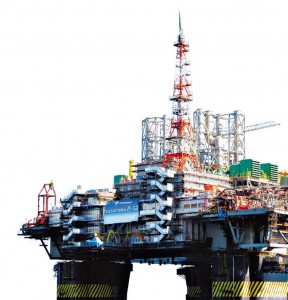 During an oil refinery major-revamp project, some unpredicted events affected the cost and project schedule. To identify the causes, a lessons-learned workshop was organized with the main project participants, most of whom had coincidently worked on its original construction twenty years earlier. The knowledge management manager related to this project asked why no new employees had been invited and was told none of them had participated in the project and they had no practical experience. But he insisted and two new employees were invited, on the condition they would be only spectators. After several meetings over the course of two weeks, the main conclusions about the causes of the cost and schedule problems were presented at the final meeting. Because the reasons were already known in some way by the experts, they felt the workshop had been a waste of their time.
During an oil refinery major-revamp project, some unpredicted events affected the cost and project schedule. To identify the causes, a lessons-learned workshop was organized with the main project participants, most of whom had coincidently worked on its original construction twenty years earlier. The knowledge management manager related to this project asked why no new employees had been invited and was told none of them had participated in the project and they had no practical experience. But he insisted and two new employees were invited, on the condition they would be only spectators. After several meetings over the course of two weeks, the main conclusions about the causes of the cost and schedule problems were presented at the final meeting. Because the reasons were already known in some way by the experts, they felt the workshop had been a waste of their time.
But one of the new employees took the floor and commented that their participation had been extremely beneficial as they had learned a lot during the discussions. They had particularly enjoyed listening to the stories about the problems and had gained a better understanding of the risks and uncertainties associated with project changes. He ended by commenting that most of the workshop participants had had the opportunity to learn from the revamp and even from the original refinery construction, but they were approaching retirement and the new employees would be taking over the responsibility for this and future refinery projects.
After a short silence, the veterans came round to the conclusion that one hidden objective of a lessons-learned workshop was not just to extract technical lessons learned, but to develop new employee skills through the dissemination of knowledge and experience gained during important projects. These veterans understood that they needed to have more time to interact with the younger employees, because not only were they going to teach them, but they would also have an opportunity to learn with them during future project work.
Building the “Petrobras Challenges” Program
In 2003, the “Memories of Petrobras” project was launched as part of Petrobras’s fiftieth anniversary celebration. The objective was to recover company history from the employees’ point of view, hearing their career stories and stories of their families and the communities that interacted with the company. This project gave voice to the “other side of the story”—not just the company’s view. This project helped veteran employees recover the memory of their work experience and gave new employees a sense of the real-life challenges of project work and a better understanding of company culture. “Memories of Petrobras” helped shape what became the “Petrobras Challenges” program to use storytelling to communicate essential knowledge to new employees.
We initially defined three aims for this new program:
- Develop a systemic vision of the studied project to focus on events that presented important moments of reflection and changes to solve problems.
- Use interaction among employees who worked on the project and employees who are studying the project.
- Prepare new project managers for decision making in complex environments.
The Urucu Project of the discovery, production, and transportation of oil and gas in the Amazon region was used as a pilot for program construction. During the recording of the stories by the main project “actors,” it became clear that the challenges that arose during project execution were the most important learning opportunity, demanding a lot of reflection and elaboration of alternatives.
To record and disseminate knowledge about an important project, we developed this methodology:
- Development of a timeline divided into three parts:
- Prior to the project beginning, describing the context that surrounded project creation.
- The project trajectory, focusing on the decision and change moments/events.
- The project future, its continuation or the vision of the future execution of equivalent projects.
- Descriptions of project changes along the timeline in the form of text case studies, based on stories from the main actors for each important aspect of the project.
- Construction of a video based on stories obtained from the project actors, to better understand the project context.
- Workshops for project case studies, using the text case studies and video with the project stories.
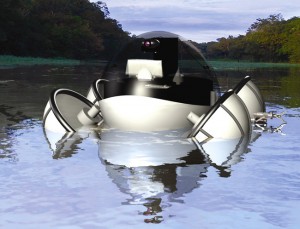
The objective of this robot is to collect environmental information from a wide range of complex Amazon regions, technology developed by the Petrobras robotics laboratory (CENPES).
Photo courtesy Petrobras
The pilot project concluded with a one-day workshop that included discussion of the previously read case-study text, organized by theme (for example, project management, innovation, logistics, partnerships, social responsibility); video presentation of project stories; a “Coffee with Energy” panel with the participation of two project actors; and discussion of lessons learned and future project development.
The “Coffee with Energy” panel exceeded our expectations. The two important project actors in the case studies were employees with more than twenty years of company experience and are today important technical consultants or business managers. Most of the workshop participants were employees with between one and five years’ experience. The participants raised issues related to the case study that the actors answered in an informal way, creating an extremely friendly and trustworthy climate.
The new employees’ satisfaction was clear from the attention they gave to the experienced employees; the veterans were gratified by the new employees’ interest. The “Petrobras Challenges” program effectively transmitted company culture and values to the new employees that were implicit in the stories and expanded on in the workshop program.
So far the “Petrobras Challenges” program has developed four case studies of important projects. Workshops were held in Rio de Janeiro and Manaus in Brazil and in Bogot, Colombia. The “Petrobras Challenges” program methodology is expected to be employed by the Petrobras Corporate University beginning in 2011.
The Power of Stories
I will give the last word to Librarian Andrea Coelho Farias Almeida, the person responsible for the “Petrobras Challenges” program, who is herself one of the 25,000 new employees recruited by the company in the past five years. Her experience demonstrates the power of stories.
Right from the start, our objective was to contribute to the decision-making quality of Petrobras leadership in an environment marked by profound changes, including the increasing importance of sustainability. The thought that we could contribute to a more effective decision-making process, enabling our leaders to anticipate new business needs, preparing Petrobras for the future, affected me strongly.
The idea that I would work with lots of senior employees was a bit daunting. Naturally, I was not part of their relationship networks, having only worked for Petrobras three years at that time. But because we were aiming to transfer knowledge from these executives, I felt that the organization was conceding me the opportunity to access the company’s precious gold, on condition of sharing it with all the other Petrobras employees. I was fascinated by the idea that I would have the privilege of hearing the stories of the experiences of these executives and senior specialists, and the challenges they had faced.
The acquisition of this knowledge gave me the confidence to develop my work. In some situations I felt that I was one of the few people to know about certain events and this awoke in me a feeling of urgency. It felt vital that the practices we had developed be disseminated and the knowledge incorporated into the organization—there was so much hidden treasure. Also, my manager witnessed the surprise of the executives when they discovered that I had been with the company so short a time. Being exposed to that knowledge and experience contributed to my professional maturity.
About the Authors
 |
Alexandre Korowajczuk graduated with a degree in electronic engineering in 1975 and has been working for Petrobras since 1978. For the past seven years, he has been working as the manager of Corporate Knowledge Management, located in Development of Management Systems Unit at Petrobras Headquarters in Rio de Janeiro, Brazil. | |
 |
Andrea Coelho Farias Almeida is a librarian archivist, formed by Federal University of Bahia, and specializes in project management by the Foundation Getlio Vargas. For more than six years she has worked to transfer knowledge throughout Petrobras, and she is responsible for the “Petrobras Challenges” program, which is based on storytelling and case studies. |






